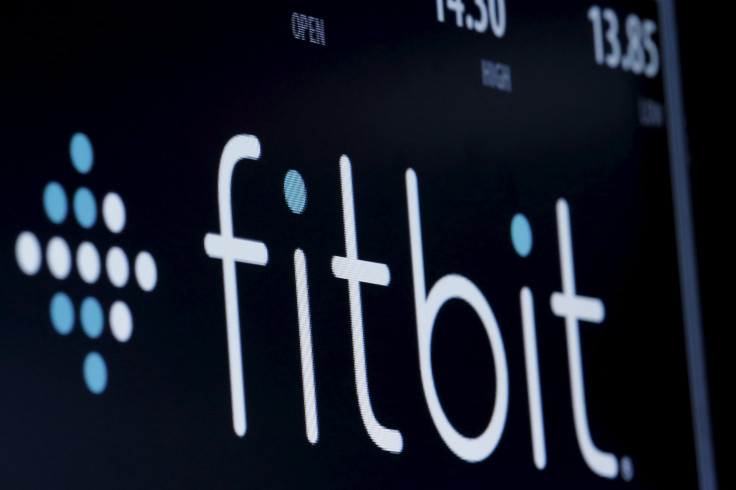Fitbit Acquires European Luxury Smartwatch Maker Vector

New Fitbit products were noticeably absent at CES 2017 over the weekend, but its doesn’t mean the company isn’t hard at work on something new. It turns out the fitness tracker manufacturer has just acquired the European smartwatch maker Vector.
“Today, we are happy to announce that the Vector Watch team and our software platform are joining Fitbit, the leader in the connected health and fitness market,” Vector announced in its blog post. “We believe this is an important milestone as a moment when we will start building other new and amazing products, features and experiences, incorporating our unique technology and knowhow with Fitbit’s experience and global community.”

Vector was founded back in 2015 by executives from traditional watchmakers Citizen, Bulova and Timex. Since then, it has produced two luxury smartwatches, the Luna and the Meridian — both feature e-ink screens, a claimed 30-day battery life and the company's own operating system. Fitbit CEO Andrei Pits confirmed the acquisition of Vector to TechCrunch.
Although Fitbit hasn’t specified what it’s going to do with the new smartwatch maker, it looks like the company might be planning on creating a new smartwatch of its own. Fitbit specializes in fitness trackers.
The Fitbit Blaze, which was released in 2016, was the company’s first ever smartwatch. It was able to track the user’s heart-rate and other exercise data automatically. What it lacked however was a wide ecosystem of apps like what Apple has for the watchOS of the Apple Watch.
With the acquisition of Vector, Fitbit could potentially leverage the startup’s proprietary operating system and use it on its next smartwatch. This would put Fitbit at a more competitive position against the Apple Watch.
This also means that Fitbit’s endeavor to launch its very own app store can now be achieved a lot more quickly. The company also acquired Pebble last Novemeber, so it looks like Fitbit has everything it needs to take on the Apple Watch and every other smartwatch rivals in the market.
As for what this means for Vector, the startup says that it will continue building new products and experiences with Fitbit’s help. The company also informed its customers that their Vector Luna and Vector Meridian smartwatches will continue to function normally, but they won’t be receiving any new features moving forward.
© Copyright IBTimes 2025. All rights reserved.



















